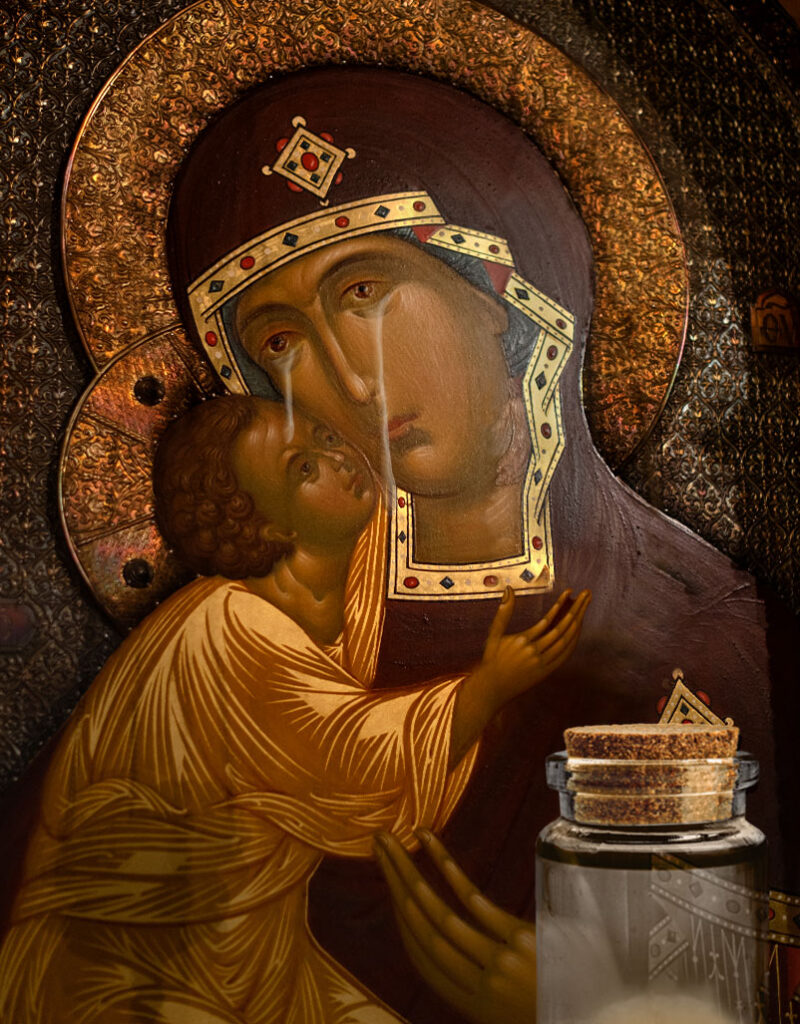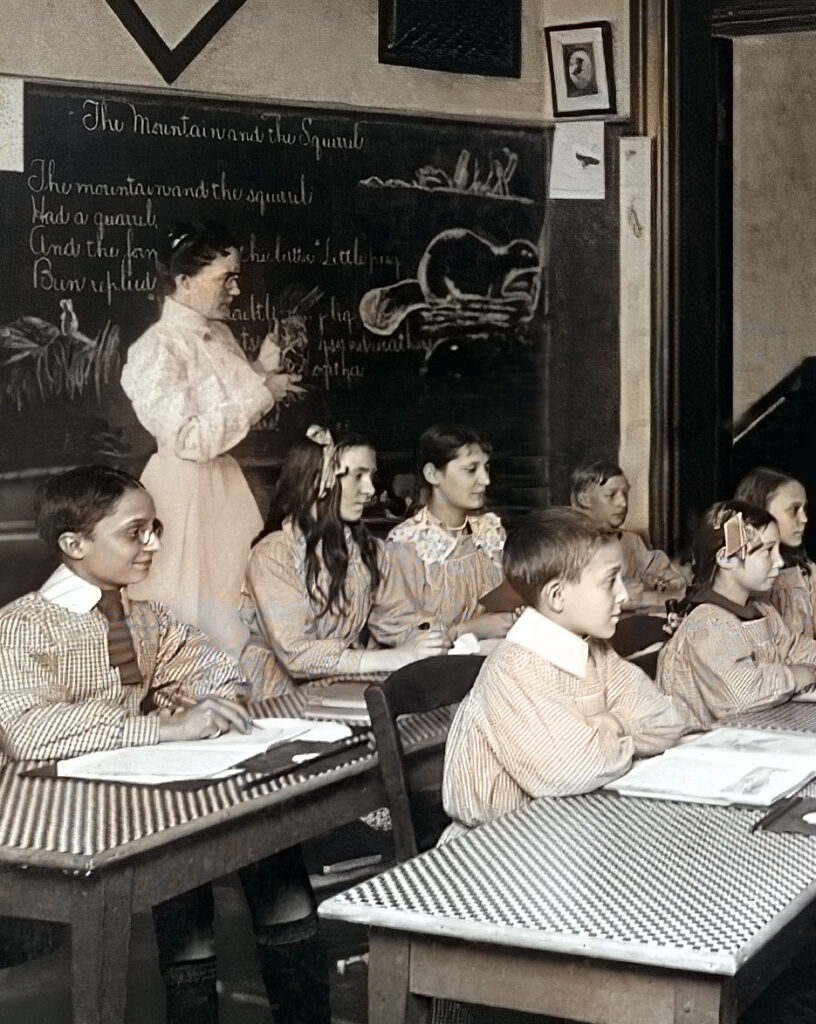During our two-month sojourn in London, Debra and I lived in a basement flat in an area called West Kensington, midway between Hammersmith and Fulham. “West Kensington,” so far as I can tell, is not an official designation, but merely the informal name of a neighborhood, and the neighborhood’s only connection with the actual Kensington is that it happens to lie west of it. In fact, West Kensington and Kensington are in entirely different boroughs — the former in the Borough of Hammersmith and Fulham, the latter in the Royal Borough of Kensington and Chelsea.
I was indignant when I first heard the names of these respective municipalities. Why were we consigned to merely a “borough,” while Kensington and Chelsea got to be a “royal borough”? Were they somehow better than us? I imagined Charles III brushing up on his newly acquired kingdom, hearing “Kensington and Chelsea” read out from a list and saying, “Yep, that’s one of mine,” then hearing “Hammersmith and Fulham” and saying, “Hmm, never heard of it. You say it’s a borough?”
It turns out that the designation “royal” is given to boroughs in which the royal family maintains a residence, and that there’s nothing otherwise special about them. If Charles and Camilla were to establish a pied-à-terre in West Kensington, I imagine that it would suddenly become a royal borough as well.
The concept of a “royal borough” made me think of another designation that always mystified me: a “holy city.” Back in the days of the Iranian revolution, news reports often mentioned “the holy city of Qom.” We don’t hear much about Qom anymore, but there appear to be plenty of other cities considered holy by one religion or another, such as Mecca, Medina, Amritsar, Karbala, and of course, Jerusalem.
If we posit an omnipresent God who brought the universe into being, then I’d assume that everything God created would have to be equally holy. Unlike the British monarch, God isn’t known to maintain residences in a finite number of locations. So how can some cities be considered holy and others not?
An additional philosophical problem regarding holy cities is wherein the holiness resides. Is a holy city made up of individual holy items — holy buildings, holy trees, holy sewer pipes — such that if one of them were to be transported outside of the city, it would retain its holiness? Or is the holiness associated with a particular geographical boundary, such that an Amazon package gains or loses its holy qualities depending on whether it’s delivered inside or outside the city limits? And how does the principle apply to human beings, who may autonomously engage in activities that can be more or less holy? If someone were to open a strip club in Jerusalem, would it ipso facto qualify as a holy strip club, or would it proportionally detract from the overall holiness of the city?
Clearly, the people who live in — or make pilgrimages to — holy cities aren’t bothered by such questions, leading me to wonder what they’re seeing that I’m not.
As a nonreligious person, I don’t really have a category called “holy.” But I do have one called “sacred” (in a secular sense) and I guess the two aren’t that different. For example, I’d say that a diploma is sacred: It’s physically just a piece of paper, but you wouldn’t fold it up to fit in your pocket, or scribble notes on the back of it, as you might with any other piece of paper. For most people, a national flag is sacred. A work of art is sacred. For that matter, any object to which we have an emotional attachment can be said to be sacred.
All of these are instances of our ascribing meaning and value to an object that go beyond its physical worth or utility. The meaning and value of a sacred object are not inherent in the object itself; they’re a product of our relationship with the object. I assume that what’s true of “sacred” is also true of “holy.” To call a thing (or a city) “holy” is a convenient bit of verbal shorthand for saying that we, for whatever reason, regard it and treat it as if it has deep significance, while recognizing that in the physical world, the thing itself remains just a thing. Perhaps only the king can decide that a British borough is royal, but any one of us can decide that a city is holy.




Recent Comments